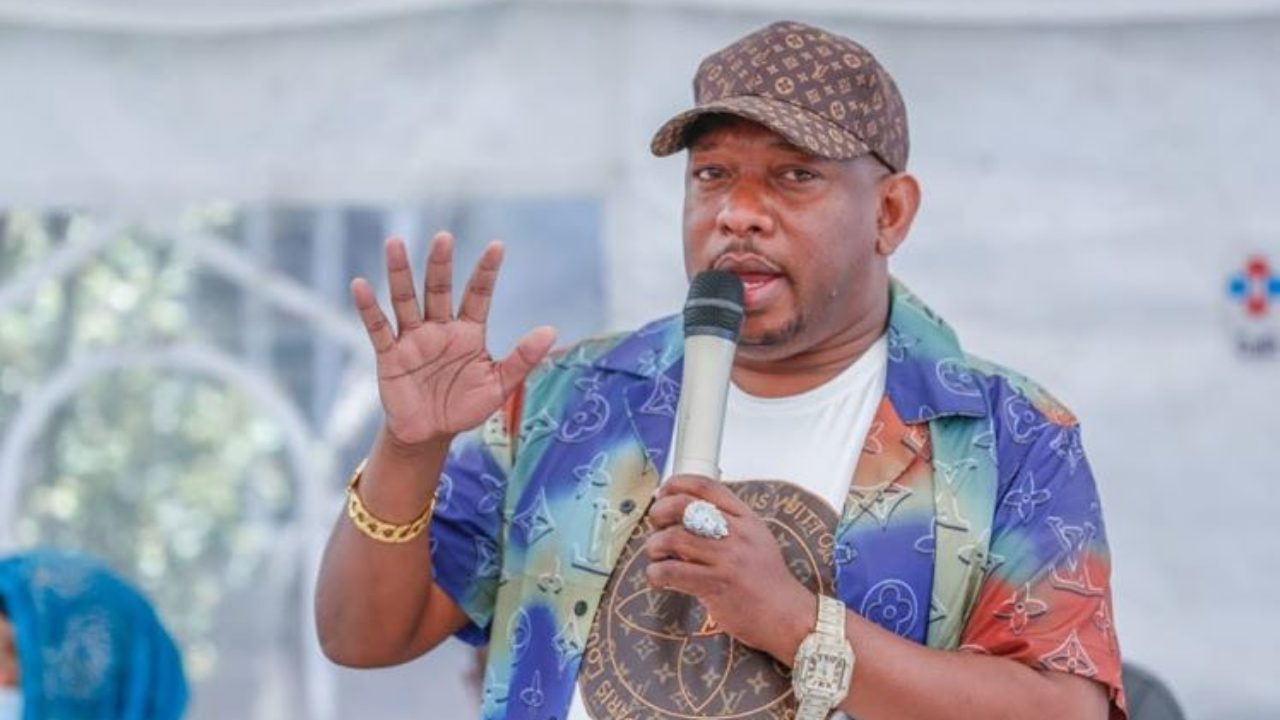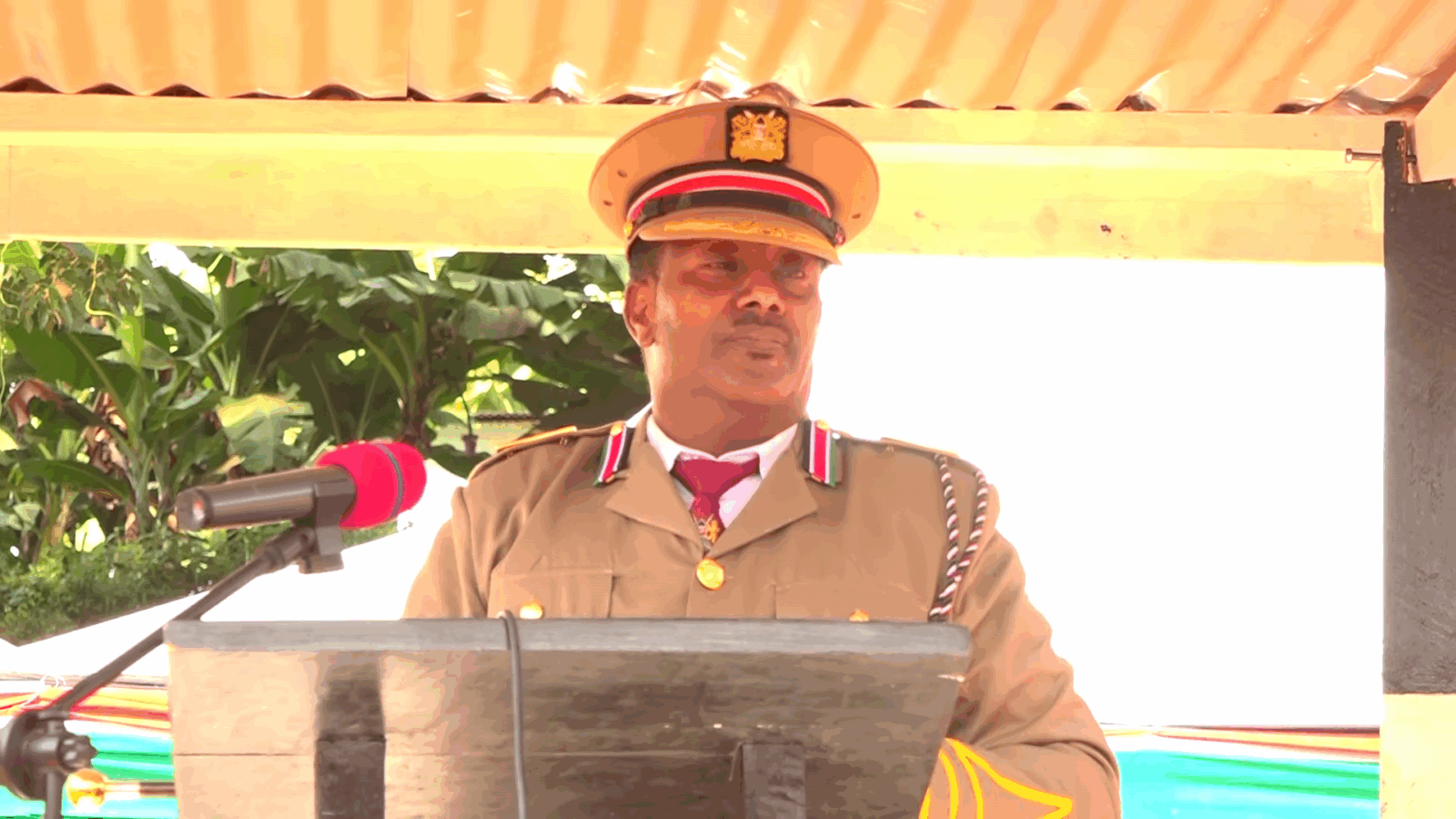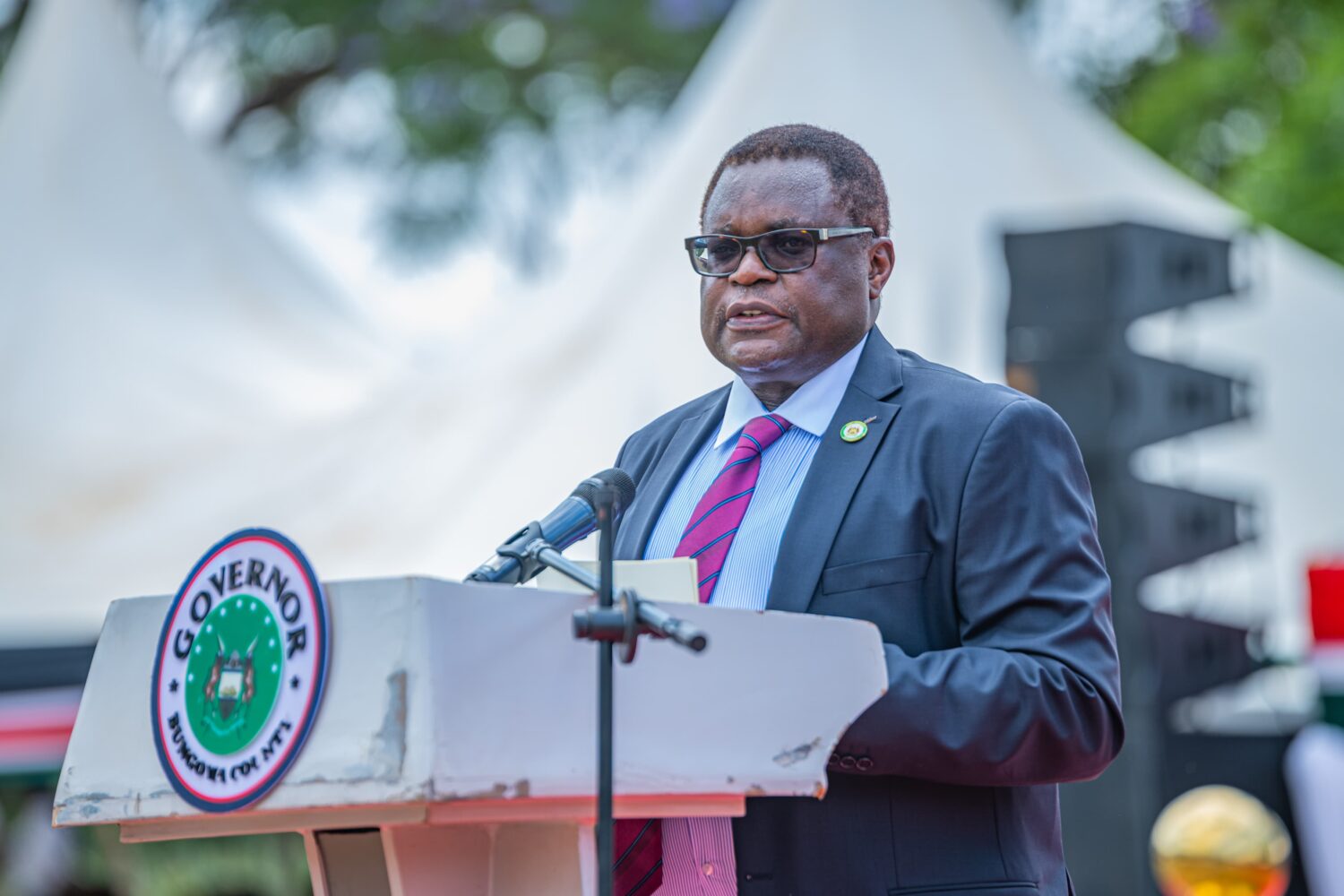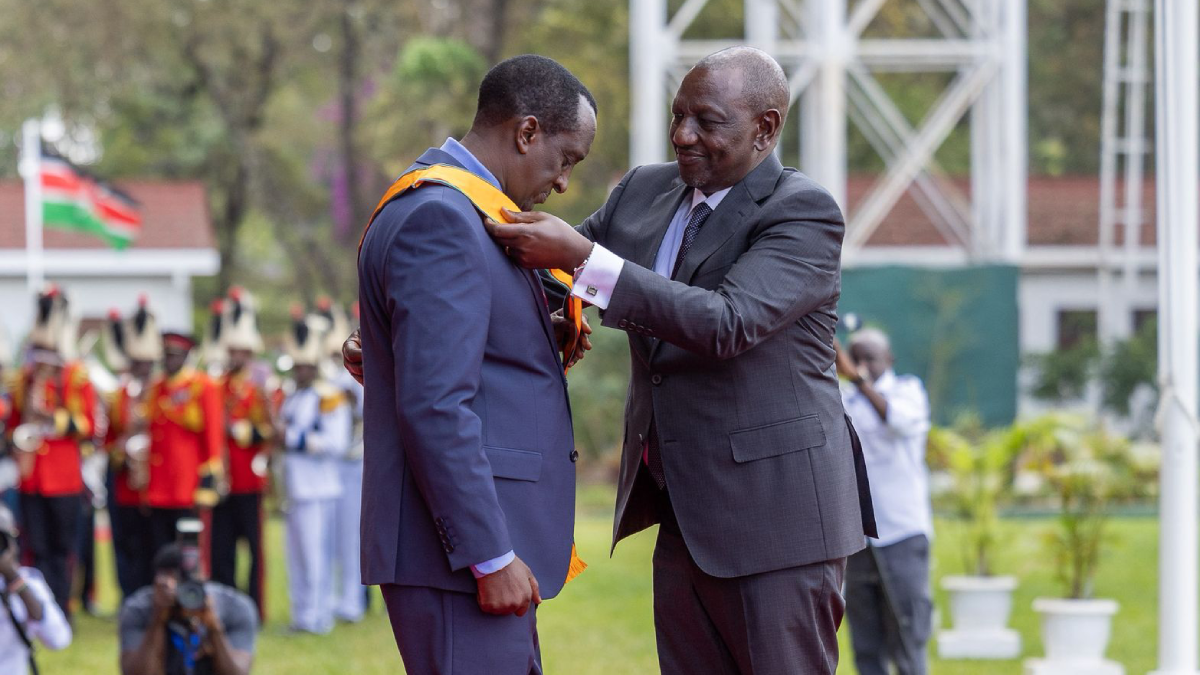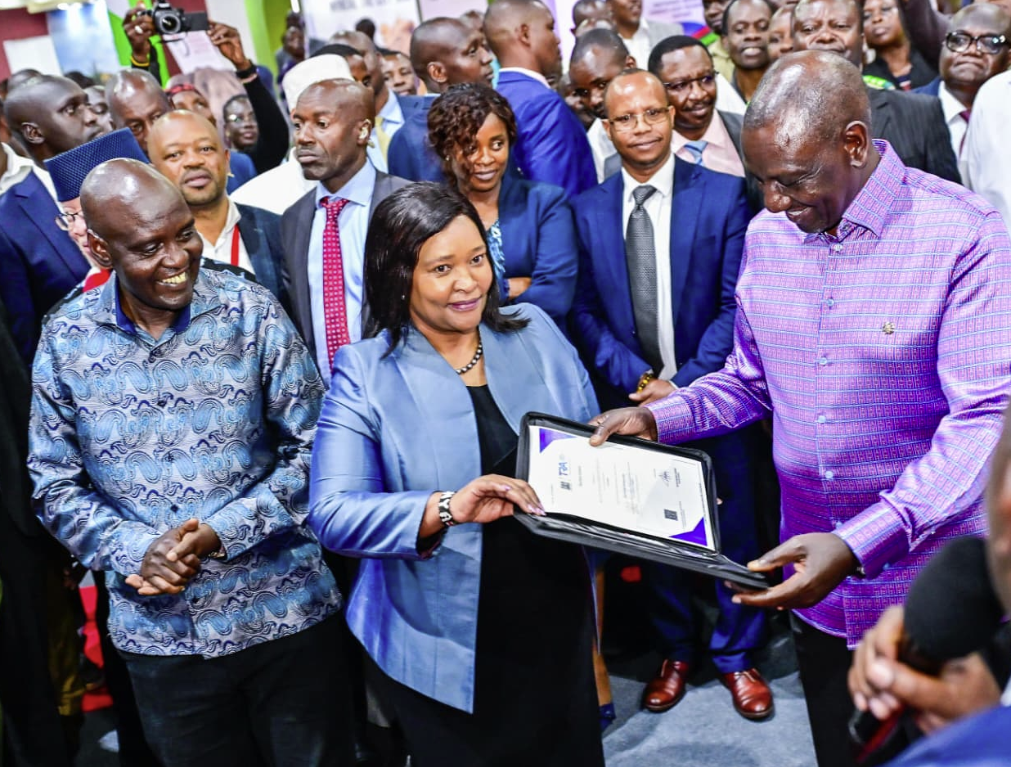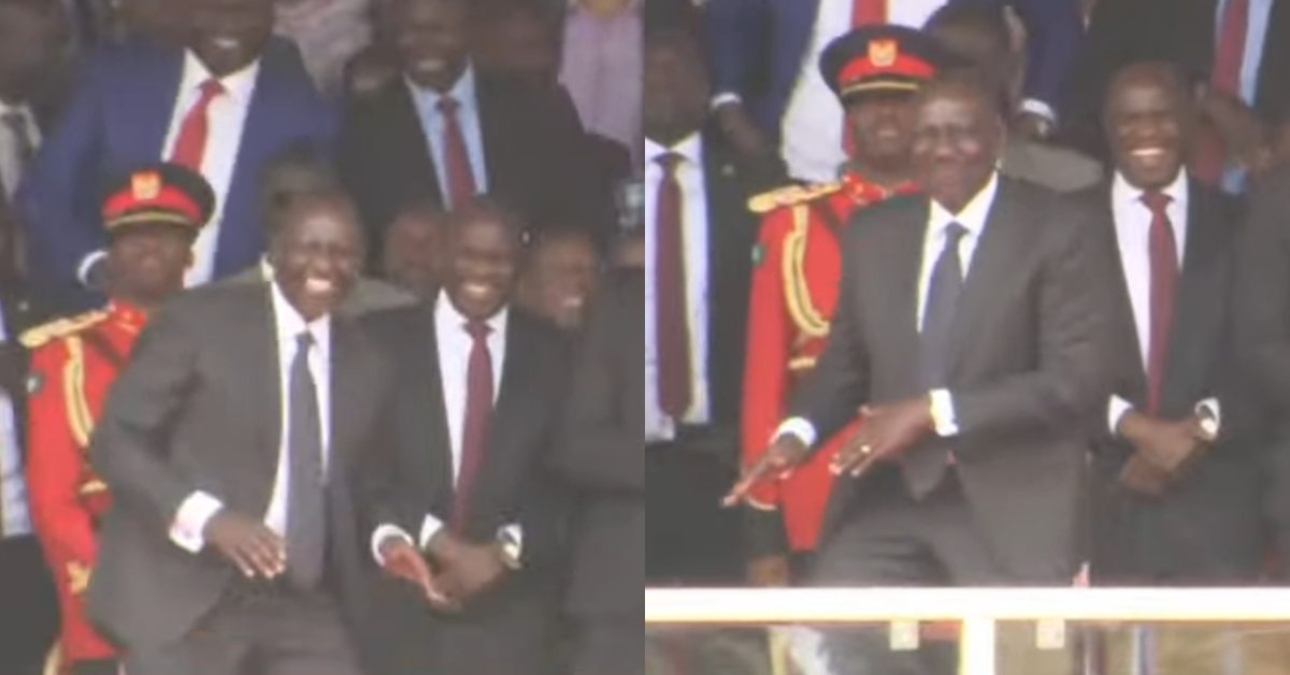The East African Court of Justice (EACJ) has delivered a landmark ruling against the Supreme Court of Kenya, citing alleged procedural violations in the impeachment case of former Nairobi Governor Mike Mbuvi Sonko.
The regional court has agreed to hear the dispute, saying that it had jurisdiction to hear and determine the merits of the case that allegedly breached the East African Community Treaty, which Kenya is a part of.
Headquartered in Arusha, the court found merit in Sonko’s claims that his impeachment proceedings and subsequent barring from holding political office for life may have violated his right to a fair trial. The EACJ ruled that the Kenyan Supreme Court may have breached procedural rules, contravening both the Kenyan Constitution and East African Community (EAC) treaty obligations.
Sonko’s case, which raises significant questions about judicial conduct and procedural fairness, prompted the EACJ to scrutinize Article 25 of the Kenyan Constitution. This article guarantees the right to a fair trial—a right the court noted may have been undermined. Additionally, the court cited Articles 6 and 7 of the EAC Treaty, which emphasize good governance, the rule of law, and justice among member states.
The EACJ expressed concerns over the Kenyan Supreme Court’s decision to bar Sonko from political office for life. The ruling, it argued, inflicts irreparable harm on Sonko’s career, reputation, and ability to serve in public office. According to the court, these consequences cannot be mitigated through compensation or other forms of post-facto relief, underscoring the importance of a fair and just process.
Sonko’s legal team presented evidence of irregularities in the Supreme Court proceedings, including alleged violations of procedural rules. The EACJ deemed these claims substantial and deserving of further scrutiny. The court emphasized that resolving such disputes is crucial to upholding the principles of fairness and the rule of law across the region.
In a significant reprieve, the EACJ allowed Sonko to amend and serve a revised reference, incorporating new evidence from the Kenyan Supreme Court proceedings. This step aims to enhance procedural clarity and ensure a comprehensive scrutiny of the case.
The court also deferred the determination of legal costs to later stages, reflecting a balanced approach to resolving the dispute while upholding procedural fairness.
Kenya’s AG vs. EACJ
Attorney-General Dorcas Oduor had challenged the jurisdiction of the EACJ on the matter, arguing that it cannot review or overturn decisions of national courts i.e. the Supreme Court of Kenya. Oduor had also argued that the matter is domestic and does not involve the interpretation or application of the EAC treaty.
In its ruling, the EACJ noted that while it lacks jurisdiction to conduct an appellate merit review of the Supreme Court of Kenya’s decision, it retains jurisdiction to address allegations of contravention of Articles 6 and 7 of the EAC Treaty.
“The preliminary objection is therefore upheld in part and dismissed in part,” the EACJ said in its ruling.
This ruling marks a pivotal moment for Sonko, who has faced mounting legal battles threatening his political career. The EACJ’s decision paves the way for a full hearing of his case.
More broadly, the case underscores the critical role of regional courts in holding national judicial systems accountable to constitutional and treaty obligations. By ruling in favor of procedural fairness, the EACJ reaffirms its commitment to upholding justice and the rule of law within the East African Community.


